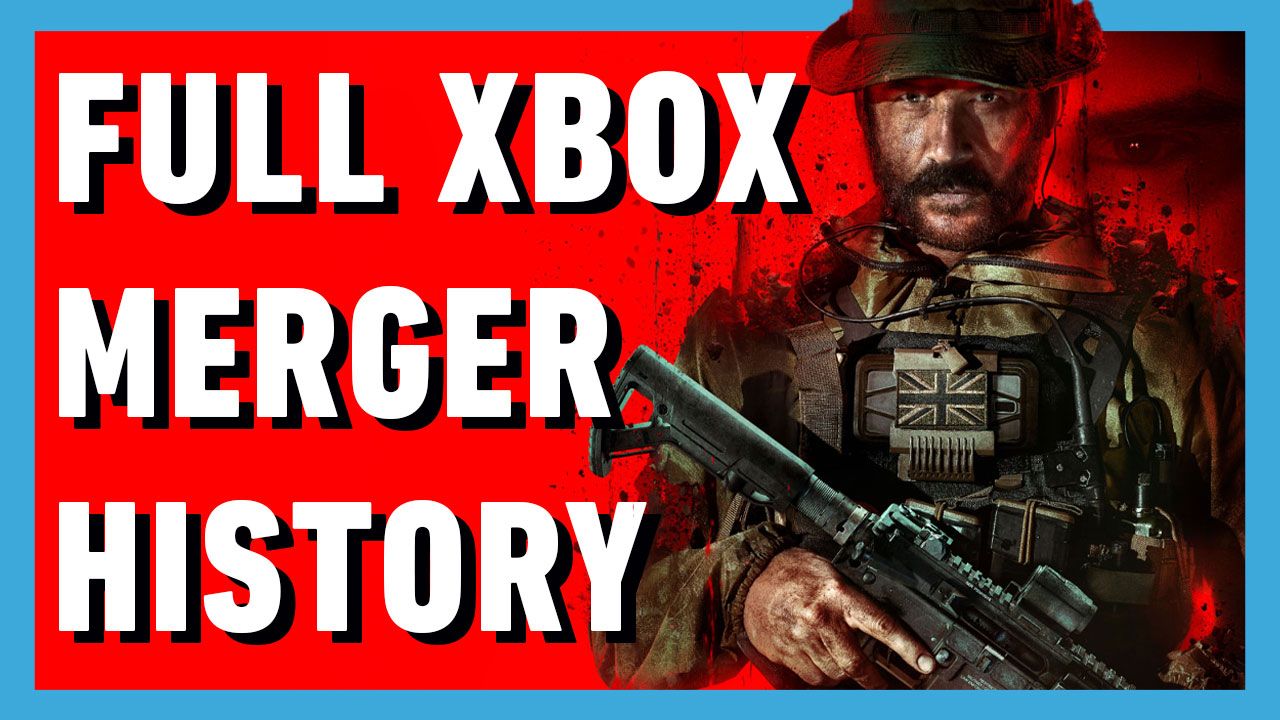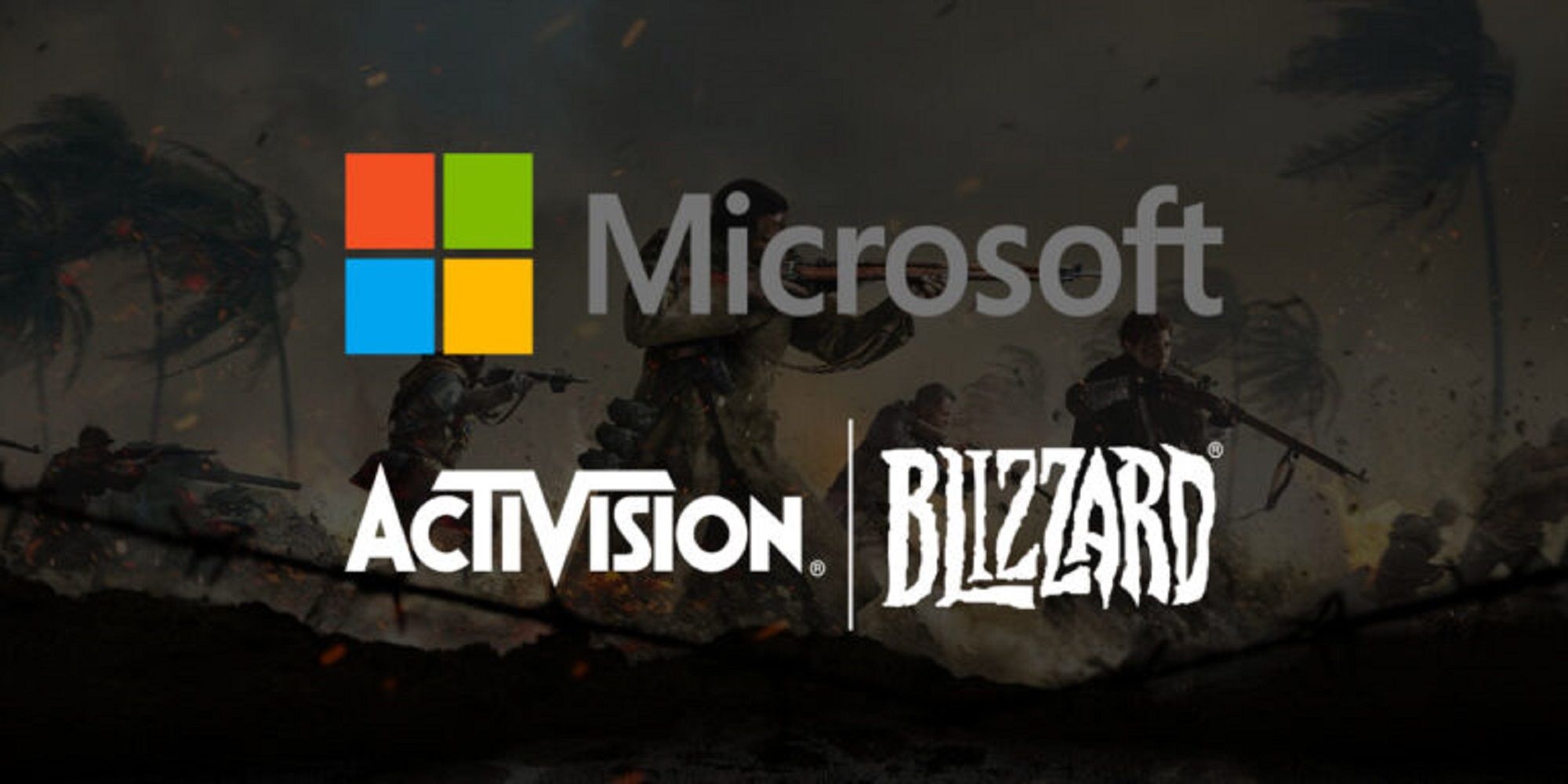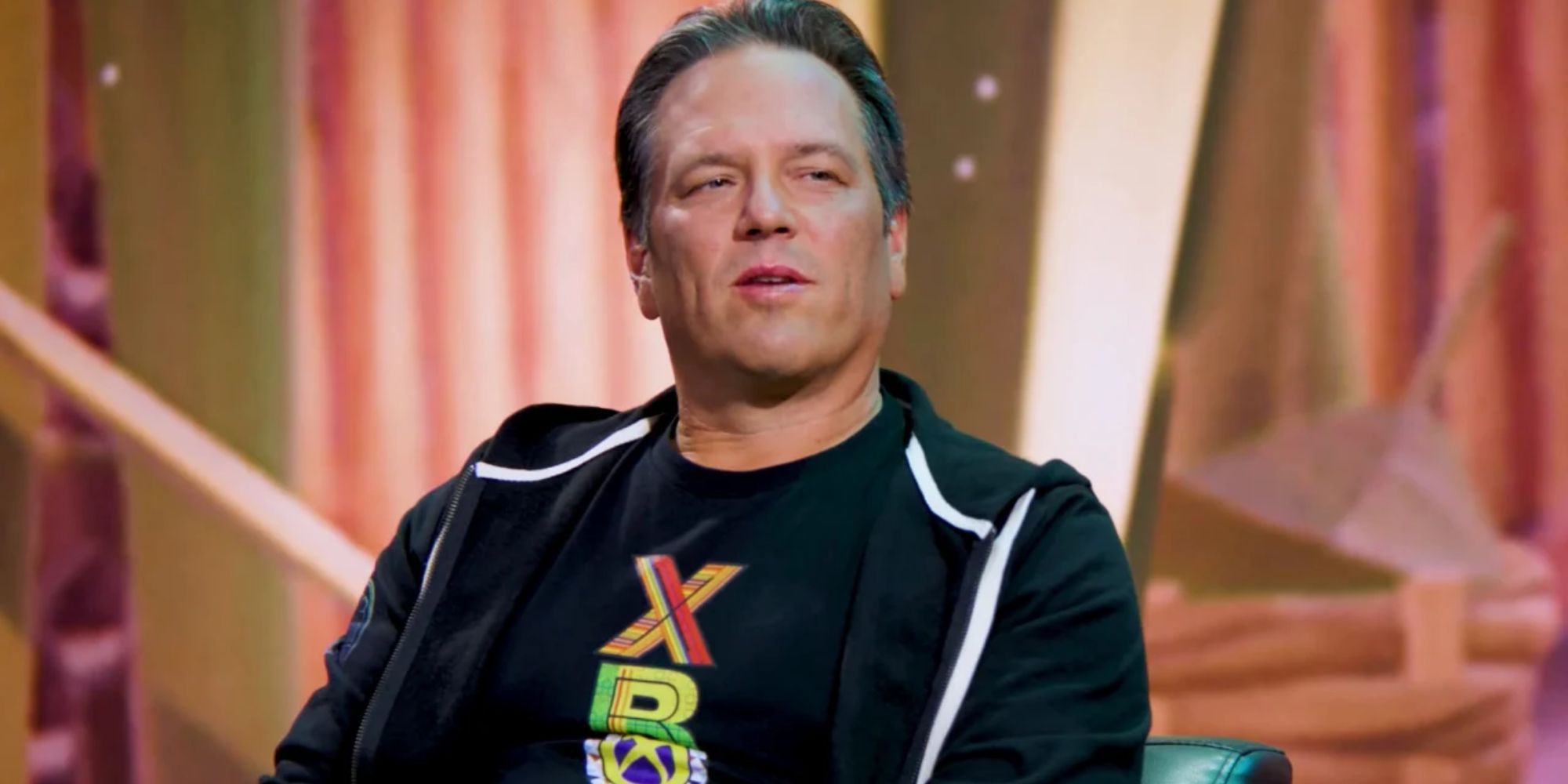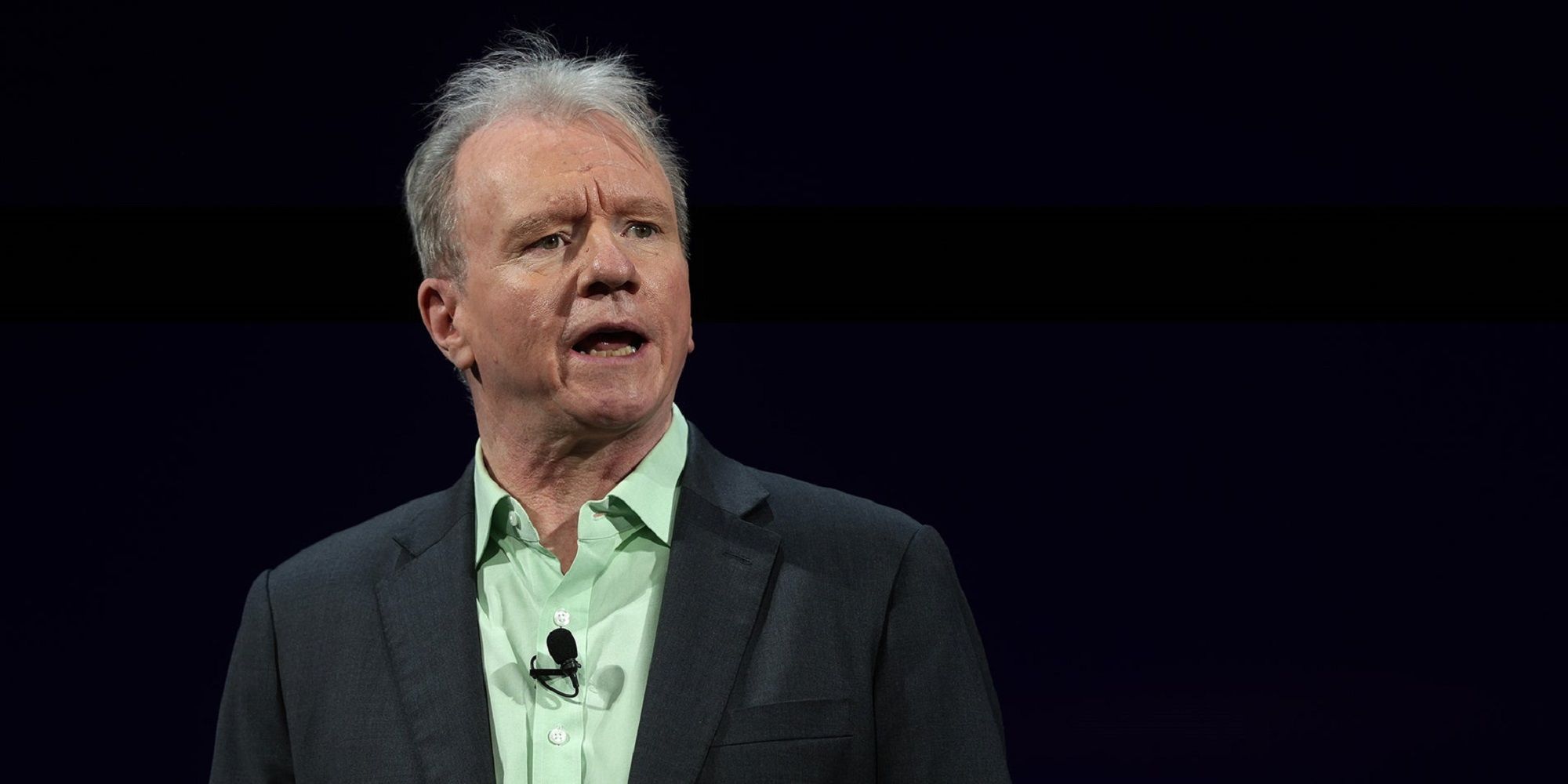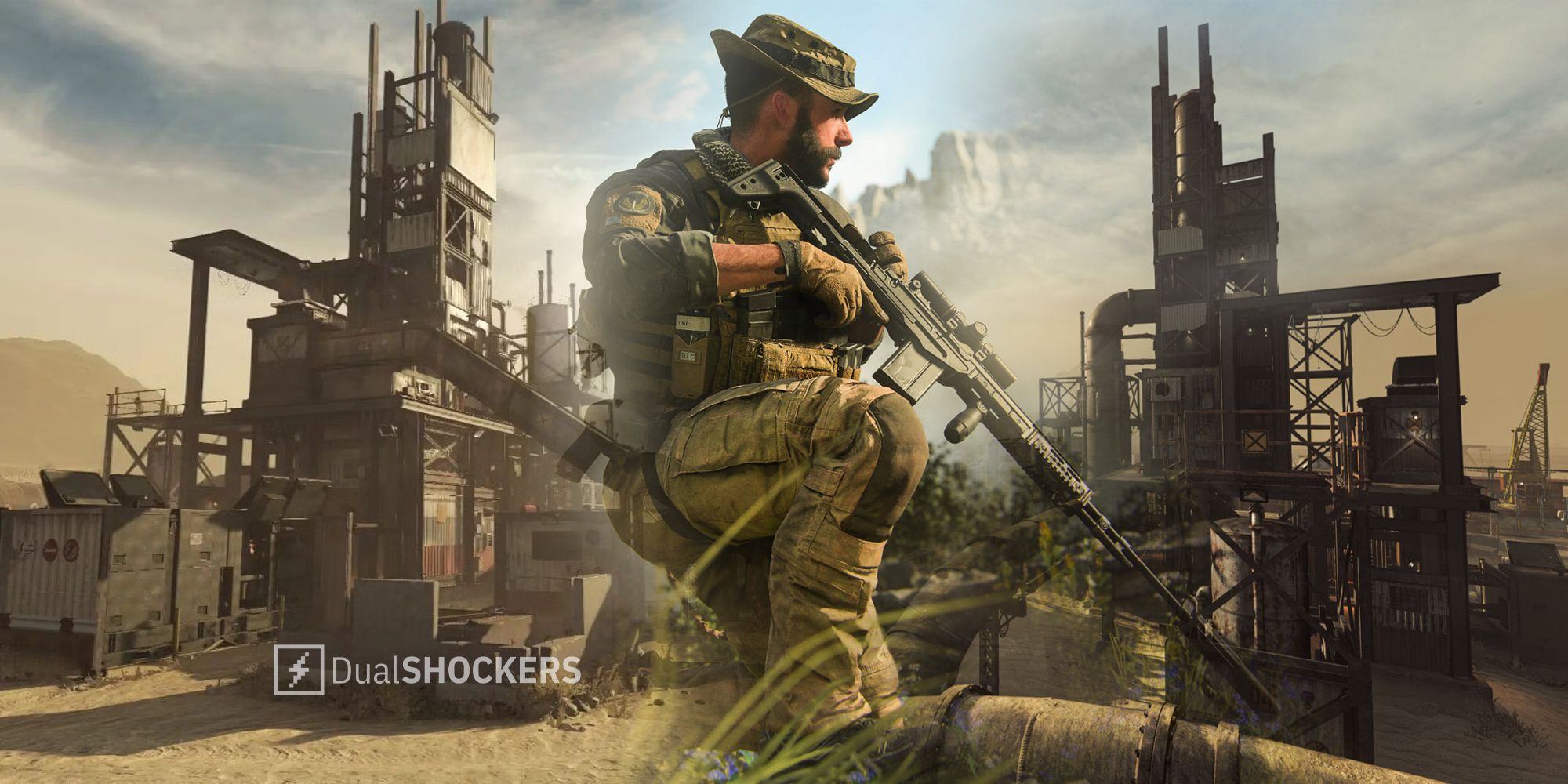Is anyone else excited to stop hearing about this big Activision-Blizzard-Microsoft merger? It’s not that I don’t care about it–I think it’s probably going to be one of the most important business acquisitions of all time–I’m honestly just tired of hearing about it. Microsoft announced its intentions to purchase Activision Blizzard King in January of 2022 and here we are, a year, eight months, and some change later, and now, as of today, October 13, 2023, the companies have announced that they’re officially approved to merge.
And look, I know how important this is, both on the consumer and business side of things, but I guess I’m just ready for a new story to make headlines every week so we don’t have to keep rehashing the same gaming business opinions we’ve had since January nearly two years ago. And, no, I’m not hoping that some new, big acquisition comes in to take its place in the news, looking at you Disney and EA.
As I feel like everyone is already aware, the road to getting the Activision-Blizzard-Microsoft merger approved has been a long and winding one that’s been filled with plenty of questions. “Is Xbox becoming a monopoly?” “Will Call of Duty be coming to Game Pass day one?” “What sort of future implications does a business deal of this scale have for other companies in the future?” I don’t know, I went to college for film and journalism, I’m not exactly someone you should be coming to with questions about international business law.
That said, what I can do with my degree–the journalism side, not the film stuff–is recount everything that’s happened, and help you understand it a little bit better now that we have a more complete history of the acquisition. It’s worth pointing out that smarter people than me have analyzed the merger at every move, so if you’re looking for well-informed takes and articles on that, I would suggest looking at the work of people like Daniel Ahmad, Stephen Totilo, Kat Bailey, or Rebekah Valentine.
Let’s get into it.
In July 2021, a lawsuit was filed against Activision Blizzard by the state of California after a woman claimed she and other women in the company faced constant sexual harassment and discrimination based on their gender while in the workplace. The lawsuit empowered other women who work and worked for the company to come forward about their own horrific abuse stories that took place while there. Many of the women’s stories were added as evidence to the suit which named specific men in leadership positions at the company responsible, including CEO Bobby Kotick. The news of the lawsuit was pretty harrowing and several companies made statements regarding their relationships with Activision Blizzard as a result, one of which being Xbox.
In an internal company memo acquired by Bloomberg in November 2021, Phil Spencer, head of Xbox, said that he and others in Xbox leadership roles were “disturbed and deeply troubled” by what was going on with Activision Blizzard and that Xbox was “evaluating all aspects of [thier] relationship with Activision Blizzard and making ongoing proactive adjustments.”
Following that statement, no really knew what those “proactive adjustments” would amount to. Activision Blizzard is one of the biggest publishers and developers in the industry, so it’s not realistic to think that Xbox would stop hosting its games on its platform. As we would later come to find out, by “evaluating all aspects of the relationship,” Spencer was directly referring to Microsoft’s planned acquisition of the company, though no one knew that yet. In fact, a day after the memo was sent out, Spencer would be meeting with Activision Blizzard execs to propose the merger.
Flashforward to January 18, 2022: Microsoft announces its planned acquisition of Activision Blizzard King for $68.7 billion. If the deal went through, which we know that it eventually does, the acquisition would make Xbox the third-largest gaming company in the world in terms of revenue after Tencent and Sony. Because the lawsuits regarding sexual assault, harassment, and discrimination with Activision Blizzard were so fresh and because Bobby Kotick was still the CEO of the company, all eyes were on Xbox to make a statement about their plans for the horrific corporate leadership that went fairly untouched in the months following the suit.
Xbox didn’t have much to say about that at the time, unfortunately. Satya Nadella, head of Microsoft, said that he was grateful for the leadership that Kotick had shown and that he was “committed to real culture change,” however, there just wasn’t much to suggest that Kotick had any interest in changing things at Activision Blizzard as he continued to actively antagonize the unions that were trying to form at the company to protect workers from the company’s unfair treatment.
Xbox and Phil Spencer, specifically, caught a lot of flack from fans for their lack of critical statements toward Kotick, however, it’s important to remember that, at this time, Xbox had no ownership over Activision Blizzard, they had simply announced that a merger was being planned. Despite fans calling for Kotick’s firing, there wasn’t actually anything that could have really been done at that point that wouldn’t jeopardize the merger for Microsoft, though, that won’t exactly remain the case moving forward.
Over the next few months, there wasn’t a ton that happened that’s worth talking much about as all companies involved worked on filing for the merger. In May 2022, Phil Spencer said that Xbox would recognize Activision Blizzard unions after the acquisition goes through, but nothing else major came to light until August when Microsoft started making statements to commerce boards around the world.
Naturally, many governments were worried that the acquisition would be anti-competitive and turn Microsoft into a monopoly. As a result, it was Xbox’s job to argue that it wasn’t and the major thing that the company focused on discussing was Call of Duty and its impacts. Xbox claimed to multiple international commerce boards that none of the IPs it would own if the merger went through, including Call of Duty, are considered “must-haves” for consumers. Sony began arguing otherwise claiming that the influence of Call of Duty is so vast that Xbox ownership would completely change the gaming landscape.
The main fear, it seemed, was that Xbox would be making Call of Duty into Xbox-exclusive titles in the same way that they had done with the games published by Bethesda Softworks as a part of Xbox’s previous major acquisition. Microsoft had previously said that it would keep Call of Duty cross-platform, similar to how it’s handled the cross-platform releases of other games it publishes like Minecraft, but Sony, and the rest of the world weren’t so sure. Obviously, losing a game series as big as Call of Duty would do major damage to Sony, so it was in the company’s best interest to fight tooth and nail to make sure the acquisition didn’t go through.
In September, Microsoft made the commitment to continue publishing Call of Duty on PlayStation consoles for several years after the existing marketing deal that Sony currently had with Activision which, according to Phil Spencer, “goes well beyond typical gaming industry agreements.” Jim Ryan, head of PlayStation, revealed that Microsoft would only be adding three years of publishing Call of Duty to PlayStation on top of the current deal and said that the contract was inadequate. In November. Xbox followed up by committing to adding ten more years of publishing the series to PlayStation consoles.
In addition to publishing Call of Duty on PlayStation, Phil Spencer announced on December 6, 2022 that Call of Duty would be launching on Nintendo hardware for 10 years as well, a move that seemed a little bizarre at the time given the hardware limitations that Nintendo consoles usually have. The Switch, especially, has been criticized in recent years for its lack of processing power, making ports of Xbox Series X and PS5 games challenging for developers. Little did we know that around this time, Activision was meeting with Nintendo to get a private briefing of Nintendo’s new hardware. The meeting came to light in 2023, but it would make sense that if Activision was privy to what Nintendo’s follow-up to the Switch was capable of, it would be able to commit to launching a version of Call of Duty on it.
Just two days after Xbox’s pledge to publish Call of Duty on the Switch, the American Federal Trade Commission sued to block the Activision Blizzard merger citing that the deal would hurt competition in the gaming industry. In the months to follow, Xbox would fight the case, saying that the merger would actually help competition and not drastically change the major players in the market. Sony continued to argue otherwise saying that Call of Duty under Microsoft ownership would completely destroy the industry and put Sony out of business, despite Xbox’s commitment to launching it across all platforms and Sony’s continued purchases of major studios like Bungie.
In February 2023, the UK’s Competitions and Markets Authority announced that it would be investigating the merger as well, citing that the deal “could harm competition and lead to worse outcomes for consumers.” The CMA would eventually approve of the deal later on down the line, but required Microsoft to sell the cloud streaming rights of Activision games to Ubisoft. Getting the deal through the FTC, however, was much messier, although it took less time.
Eventually, Microsoft was approved for its merger by the FTC after more deliberation on Jul 11, but leaked information from the trial revealed a lot of Microsoft’s future plans for Xbox including an all-digital, revamped version of the Xbox Series X titled codename Brooklin, the previously mentioned Activision-Nintendo meeting in late 2022, and a comment from Phil Spencer about how acquiring Nintendo would be a career-making moment for him among a laundry list of other leaks.
Ever since the FTC approved the merger, we’ve just been waiting on the CMA to officially approve it which they did, and now as of today, October 13, 2023, Activision Blizzard King are officially owned by Xbox. Currently, we were told that this year’s Call of Duty: Modern Warfare 3 and Diablo 4 won’t be coming to Game Pass anytime soon and that we should expect the rest of the Activision Blizzard lineup to start making its way to the service over the course of the next year or so.
Circling back to Bobby Kotick, it seems that he’ll be remaining the CEO of Activision Blizzard until the end of 2023 and then after that, who knows. Despite his continued mishandling of the company, he was asked by Xbox to stick around through the end of the year to make the transition as smooth as possible. His leadership oversaw the harassment of multiple women–all recounting stomach-churning events of their experiences at Activision Blizzard resulting in one woman taking her own life in 2017. Kotick will leave the company making an estimated $400 million off the sale.
Sorry to start and end on such a bleak note, but with Activision Blizzard, that’s kind of where things have been. Hopefully, with new leadership in place, Xbox will be able to fix the horrific culture that’s plagued the companies, but when things are that deep-rooted, it can be very difficult to employ complete systemic change without scrapping just about everything and starting over. What Xbox plans to do to address the issues, we have no idea yet, but I’m trying to stay hopeful.
As far as my, personal take on this whole thing? Ahhhh I don’t know. I think more stuff coming to Game Pass is always exciting, especially if the prices don’t get jacked up too high, but we’ve seen some price increases there which makes me a bit nervous. That said, since Xbox is usually my go-to platform, I’ll cautiously take the extra free games for now. Sony will obviously be taking a hit with the loss of its exclusive Call of Duty bundles, but I feel like PlayStation has enough going for it outside of Call of Duty, especially with its newfound push for live service games, so I think it’ll be fine in the long run. They just bought Bungie, Destiny 2 is a cash cow, I think they’re going to be just fine.
Remember though, I’m not a business analyst, I’m just a dummy with a microphone, so take all that with a grain of salt.
